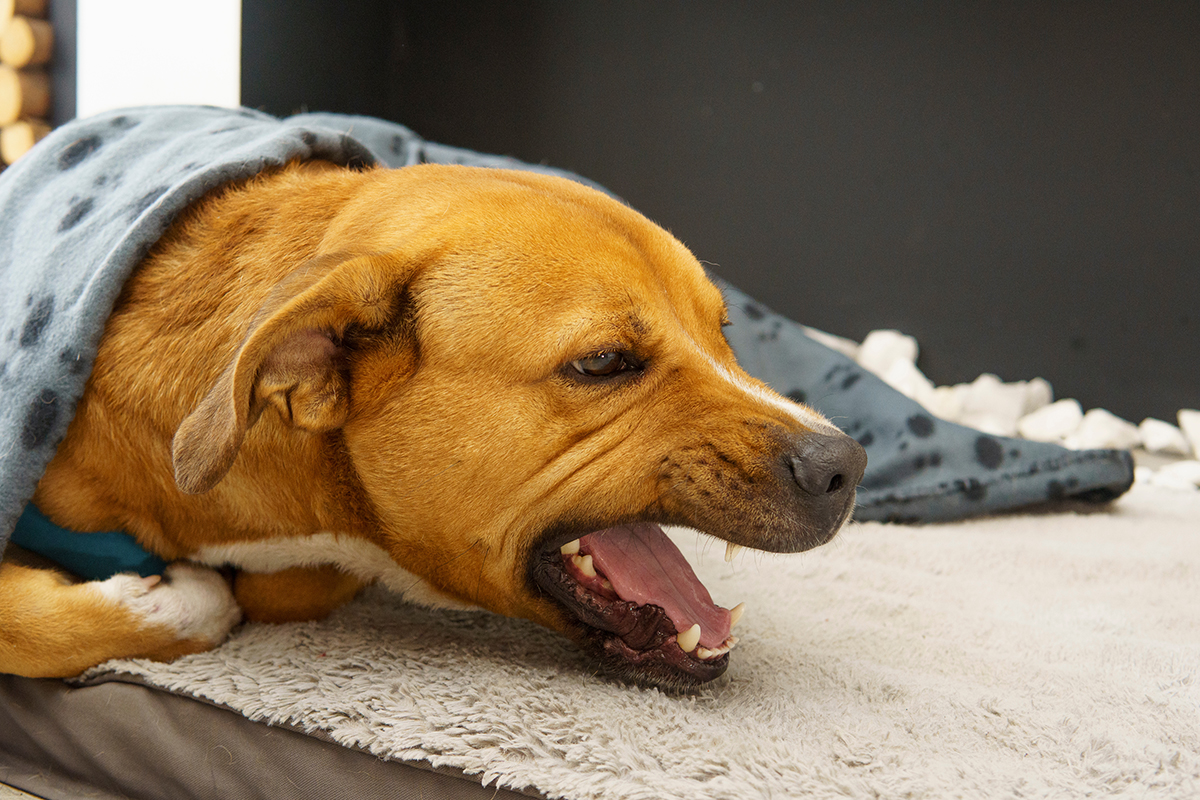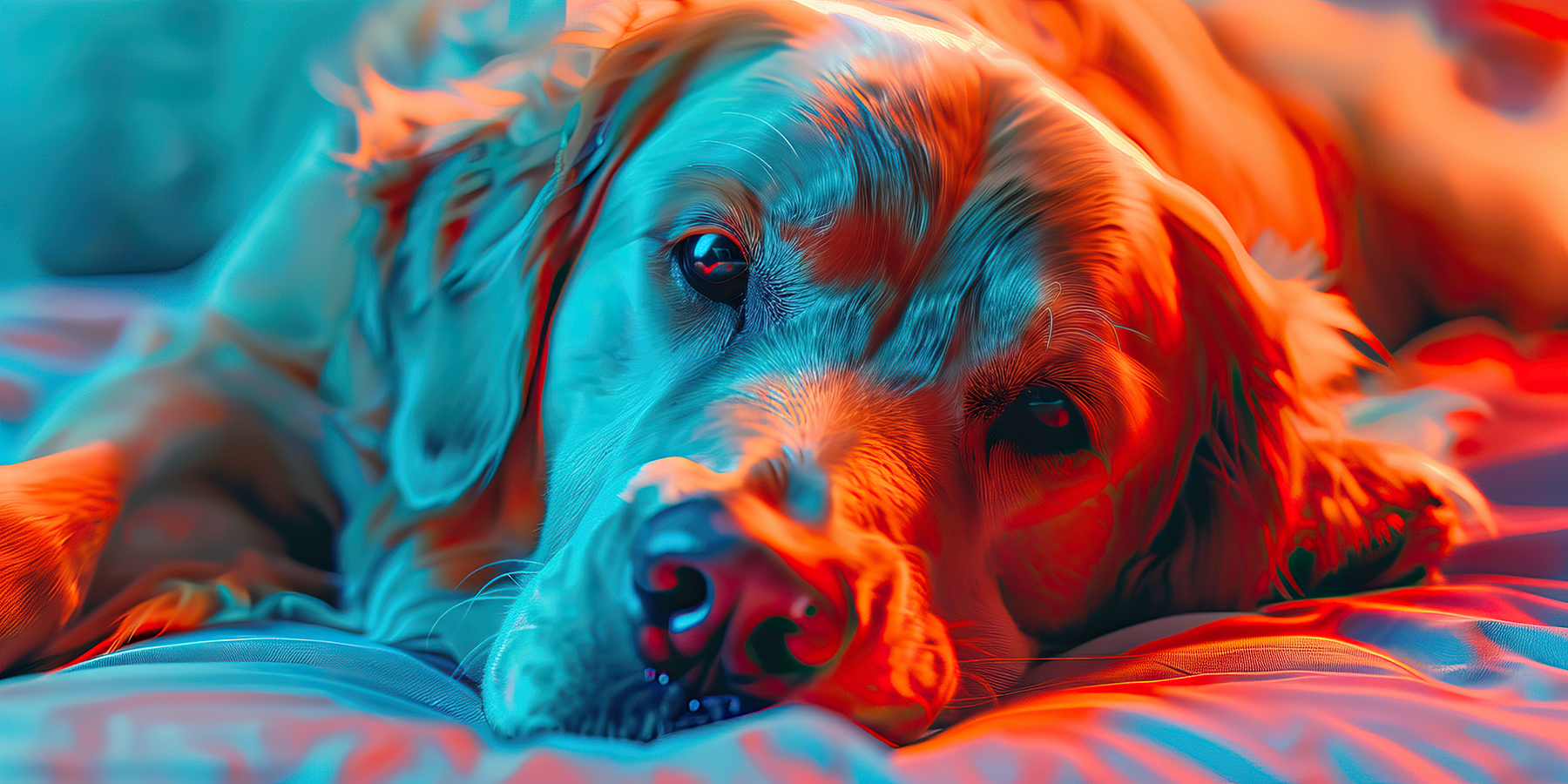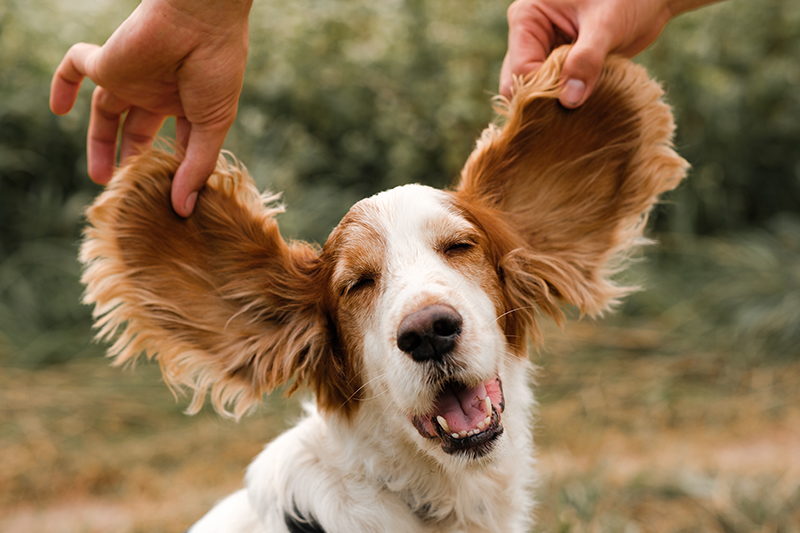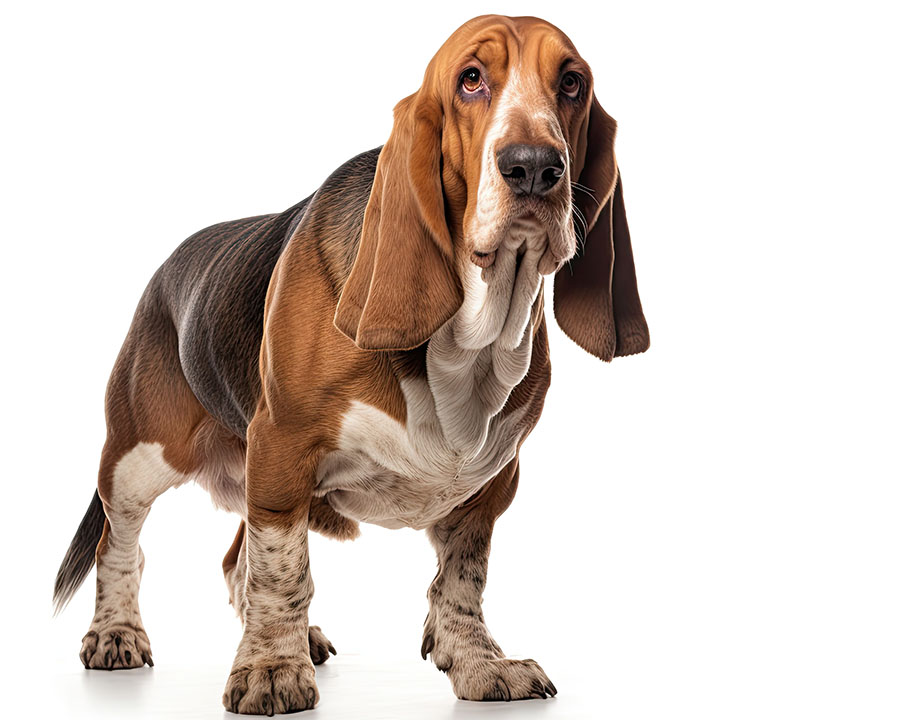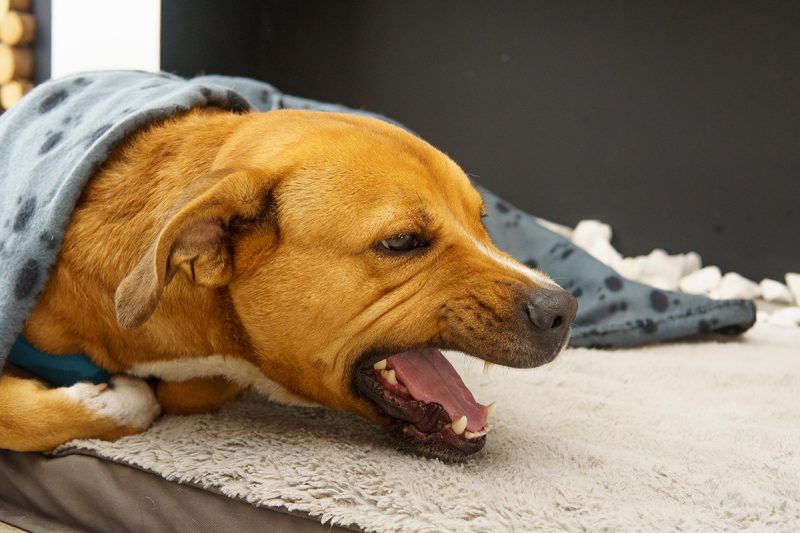
With the holidays approaching, you may be planning on boarding your pet, having them groomed and even visiting friends and family who have pets. You never know when your dog may be exposed exposed to other animals that have kennel cough and that they are at risk of catching this highly contgious disease.
It is typically spread when a healthy pup is exposed to the respiratory secretions of an infected dog. This can be through coughing or sneezing. Dogs can also contract it from infected objects (such as shared toys, food bowls, or water bowls).
Dogs are typically exposed when they are in crowded areas, such as:
- Animal shelters
- Boarding kennels
- Dog daycare facilities
- Grooming facilities
- Dog parks
What is Kennel Cough?
It is a common respiratory disease that can easily spread from one dog to the next. Although most dogs typically recover in a week or so, complications can also arise from this widespread infection. Pneumonia is by far one of the most dangerous ailments that can stem from it. You must take the necessary steps to keep your pet safe.
Kennel cough in dogs presents as a dry, hacking cough. It may sound like your pup has something stuck in their throat. Some pet parents will describe the cough like a honk, while others say it’s more of a sharp, puffing cough that won’t stop.
Many cases of it can resolve on their own with supportive care at home. Many dogs affected will act completely normal besides the cough itself. However, for some dogs it can progress to life-threatening pneumonia.. Because of this, it’s important to recognize the symptoms.
Symptoms include:
- A persistent dry, hacking cough
- Coughing during the night that keeps you and your dog awake.
- Retching with the production of white foam
- Clear eye drainage
- Runny nose and sneezing
- Tracheal sensitivity (your dog coughs when you apply gentle pressure to their trachea)
How to Protect Your Dog
If your dog is frequently around other dogs, the risk of him or her getting it increases dramatically. Dog parks, grooming salons, and training facilities are all places where kennel cough tends to circulate. The close interaction can expose even the healthiest of dogs to the disease. Sharing toys and water bowls can definitely transfer kennel cough. American Humane reveals that puppies and young adult dogs are especially at risk.
To give your dog an extra layer of protection be sure to have your get all the necessary vaccines. According to Charles D. Whitworth, DVM, the Bordetella bronchiseptica vaccine is highly recommended. It has been proven to lessen the effects of kennel cough. Before taking your dog to a facility, make sure that it requires pets to receive both the distemper vaccine and the bordetella vaccine. The extra peace of mind is well worth it.
What Happens if Your Dog Catches Kennel Cough?
Unfortunately, this disease is not fully preventable. Even if you are extremely cautious, it still remains a threat. A deep, hacking cough is one of the tell-tale signs that your dog is infected. Whitworth Animal Clinic urges you to get your pet examined as soon as possible. By quickly taking action, you can help prevent the seriousness of the disease. Blood work and chest X-rays will enable Charles D. Whitworth, DVM to rule out any underlying conditions such as pneumonia. While recovering, your dog needs to remain somewhat isolated from other dogs. Remember, it is an extremely contagious disease that spreads quickly.
If you live in Madison or the surrounding areas of North Alabama, be sure to contact Whitworth Animal Clinic. Dr. Charles D. Whitworth and the rest of the staff take great pride in caring for pets. Not only does this facility provide vaccines, but it also offers other important services such as veterinary surgery and microchipping. Don’t hesitate to set up an appointment for your pet.


